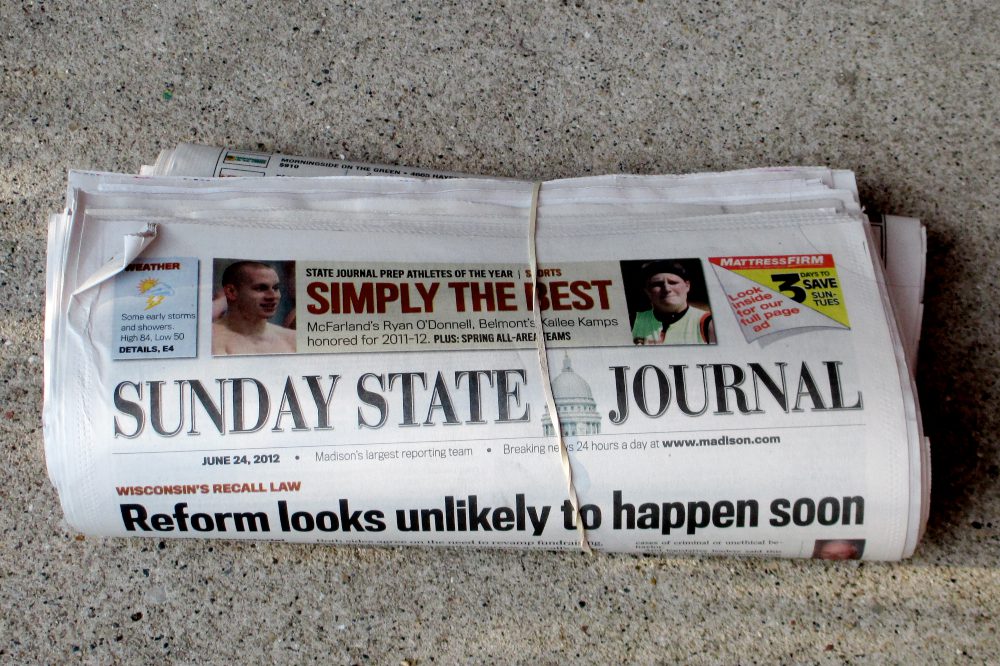As you build an organization or team, you inevitably encounter both hits and misses. Good teams carefully analyze the patterns of these results to understand what may work in the future, and ensure they don’t repeat their mistakes.
In analyzing the outcomes our leaders at Acceleration Partners have seen over the years, one theme consistently comes up as a reliable predictor of success and longevity: good judgment.
People with good judgment consider the consequences of their decisions, think before acting and speaking and collect the tools and best practices needed to make effective decisions in many situations.
When I think of some of the top performers in our company historically, I struggle to recall even a single incident where someone questioned their judgment. That doesn’t mean these employees never make mistakes; rather, it means the rationale for their decisions is always solid and defensible. They are self-aware enough to understand how others perceive their actions—in fact, self-awareness and good judgment often go hand-in-hand.
By contrast, people who display poor judgment often have a blind spot that prevents them from internalizing the implications of their actions or words. Here are a few real examples that were shared with me.
- Posting on social media, which is followed by several colleagues, something to the effect of, “Did you ever have one of those days where you just want to quit your job and never turn back?”
- Commenting to your boss, “I guess this means we will be micromanaged now,” after a significant mistake was discovered and properly escalated to their boss.
- Asking something clearly unethical in a work setting, and saying that you are, “Asking for a friend.”
Unfortunately, the immediacy of social media amplifies and accelerates poor judgment today. Many people simply fail to consider the consequences of posting an inappropriate picture or rant.
Another consistent pattern I’ve noticed in this area, in both my personal and professional life, is that early signs of poor judgment almost always foreshadow bigger problems when the stakes are raised. Anytime I have ignored my early warning radar in this area, I have come to regret it. As a result, I have made a conscious decision to distance myself from people with poor judgment.
I am still unsure if good judgment is an innate talent, or a skill that can be learned. However, one of the best tests used as judgment filter, in any situation, is what’s called the “Sunday Paper Test.”
If what you were about to say or do was printed on the cover of the Sunday paper for everyone to see, would you feel comfortable defending that action or decision?
Often, when our executive team is making a difficult decision, someone will inevitably bring up the Sunday Paper Test. It always seems to evoke a clearer consensus because it focuses the lens outside-in.
Here’s the bottom line: when people don’t trust your judgment, they don’t trust you. It’s a very difficult perception to overcome.
If you want to be known as someone who has good judgment, don’t act in haste or anger. Instead, consciously shift the focus from your own needs and wants to how what you say and do is perceived or impacts those around you. If there is ever a doubt, you can always apply the Sunday paper test.
Quote of The Week
“Nothing strengthens the judgment and quickens the conscience like individual responsibility.”
– Elizabeth Cady Stanton









